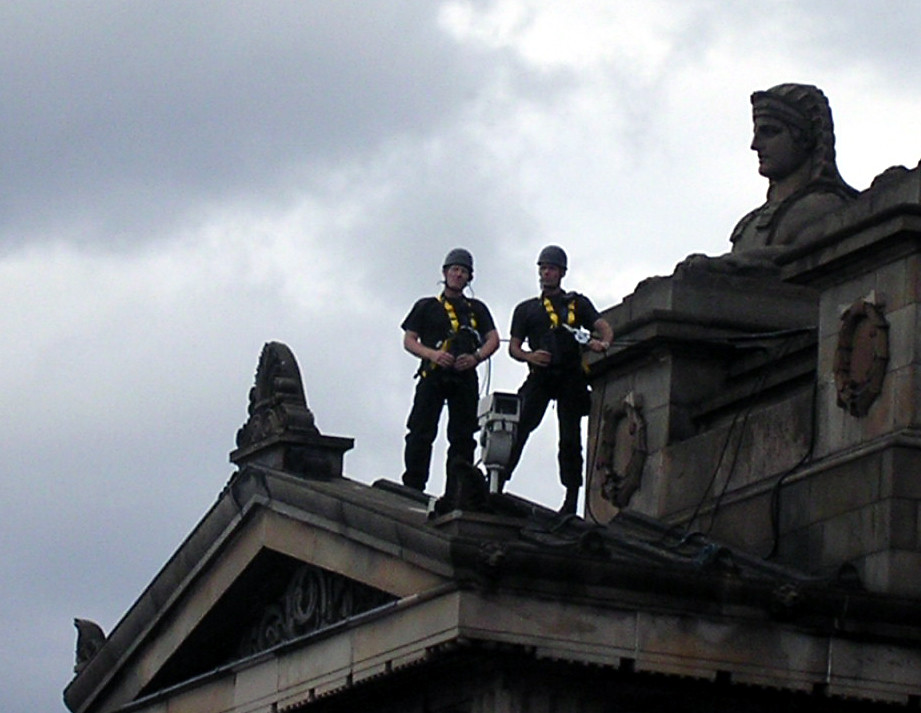12.00 – 13.00 pm, Zoom Webinar
Surveillance Technology in Historic Towns: Myths and Facts
This talk will address the relationship of video surveillance—CCTV surveillance—to architecture & urbanism, how it affects space and its users, and its role as a pervasive technology.
Debate on surveillance began in the context of architectural analysis led by Foucault’s deconstruction of surveillance. Since then, the contemporary discussion has focused on the growth of surveillance, its developments in technology, issues of privacy, management of big data, among others, but the discourse has left architecture and urbanism aside.
For historic towns, CCTV surveillance becomes a grafted technology and the role of the designers becomes evident by our absence. In the analysis of the practices and ideas of surveillance—myths and facts, designers of towns and buildings have an unacknowledged role, and we must recognize ourselves as the actors we are in the continuing drama of surveillance.
Rosa Maria Mendoza-Robles
Rosa obtained her architect degree from the Instituto Tecnológico y de Estudios Superiores de Monterrey (Mexico) graduated with honors; the MSc Design and Digital Media with honors from The University of Edinburgh (United Kingdom). Earned the John Lansdown Project Prize from The University of Edinburgh.
She has worked as project manager in several firms in Hermosillo, Mexico. Rosa is senior lecturer in the Department of Architecture and Design at the University of Sonora. Her research interests look to the use of digital technology in architecture and architectural education.
She has published several refereed papers and a book chapter on the topics of her research and teaching.

“Police Surveillance” by cowrin is marked with CC BY-NC 2.0.